Cybersecurity is important, without a doubt. But what does that look like for your business? Below we discuss some tasks you can implement starting today at no-cost to you and begin seeing the benefits of securing your business from cyberattacks.
Estimated read time: 4 minutes

Getting Started With Cybersecurity
Working toward better security can feel like a huge task. All the “what if?” fears of price tags, training hours, new system adoption – it can seem daunting.
It’s these reasons why we see successful businesses operating without much in the way of a protection plan. However, breaches can be costly to both your budget and your reputation.
There is good news, though: Getting started doesn’t have to be complicated.
There are all kinds of ways a business may keep security top-of-mind without completely disrupting the usual routine. For instance, locking the door behind you when you leave home or locking your car after parking likely feels like muscle memory at this point, doesn’t it?
Oftentimes, those simple, affordable new habits help build a powerful line of defense for protecting what matters most.
While we help you plan for the success of your business, our security experts have offered four no-cost, easy-to-implement ways that you and your team can boost your security, right now:
- Update Your Software and Devices
Keeping your devices, browsers and other tech up to date is one of the best first lines of defense against cyber-attacks, without requiring much in the way of tech expertise.
Patches and updates fix any technical bugs, along with providing vital security updates. These, in essence, replace the ‘lock’ on your software and devices before any bad actors can make a copy of your ‘key.’
Most major operating systems update automatically, but it never hurts to double-check that your device has these enabled.
For Windows systems, use this how-to guide to turn on your automatic updates.
For Macintosh systems, refer to this guide to set up your device for automatic updates.
- Secure Your Online Accounts
The more lines of defense there are for an attacker to combat, the tougher it is for them to successfully carry out an attack. Use strong passwords with a mix of numbers, letters and special characters for your online accounts—including email and social media. Additionally, set up 2-factor or multi-factor authentication (sometimes known as 2FA or MFA).
Avoid using the same password for multiple accounts. This practice hinders your cybersecurity by providing an attacker with a skeleton key of sorts for your data. This can include payment information, physical addresses or other confidential information. If you need help keeping track of multiple passwords across different services, consider using a free password manager extension.
If you have had a website text a confirmation code to your phone, then you have used 2-Factor Authentication, or 2FA.
Most sites and devices have this available at login to keep your account secure. Enabling this is usually done under your “security” settings. Once enabled, an extra layer of protection is implemented by the prompted additional security check. These may look like a randomly generated one-time code sent to your phone or an app like Google Authenticator. Enabling this means that for your account to be compromised, an attacker would need both your password and access to your mobile device.
Also, a good rule of thumb is to change your password at least once every year to keep things fresh.
- Encrypt Your Devices
Encryption doesn’t have to be as complicated as it may sound.
In reality, it can be as simple as changing your desktop background. Not only is file encryption a readily available setting within Macintosh and Windows systems, but it’s also a free process with no additional downloads required.
For encrypting your device on a Windows system, follow the step-by-step guide linked HERE.
For encrypting your device that uses a Macintosh system, follow the guide linked HERE.
If you need additional help with encrypting your files, consider reaching out to cybersecurity experts like Hamilton.
- Avoid Suspicious Emails & Texts
With phishing, hackers attempt to gain access to your information or credentials through your email inbox.
Phishing scams may seem like a relic of the past, but over the years, it’s become one of the main culprits behind countless cyberattacks. Hamilton can help provide a robust training program to get your team fully versed in combatting phishing attacks, starting off with a simple tip we’ll share here:
If the text, email address, link, or contents look suspicious:
- Do not engage with the message.
- Do not open it, click on any links, or provide any information.
- Instead, contact your IT support immediately.
Don’t Stop There
If you’d like to learn more about phishing, see our related article here.
Improving your cybersecurity does not need to be an expensive or frustrating process. Simply getting started is the key—just as you don’t have to know all the components of a lock to make a habit of locking your door when leaving home.
No two business safety plans will look the same. That is why partnering directly with a consultant like Hamilton is critical to establishing a custom system for your business. Your team will, in turn, be better equipped with the knowledge and infrastructure necessary for keeping your operation secure and successful today, tomorrow, and well into the future.
We are proud to provide security upgrades and personalized support for a variety of areas within your business, including keeping your data secured and protected through data center services to 24x7x365 network monitoring to much, much more!
If you’re looking to upgrade your business technology and security or want to understand the basics of cybersecurity, consider taking a look at our full suite of available services. We are eager to collaborate with you to build a plan that fits your company’s unique goals, needs and structure.
Learn more about phishing and the areas to be on the lookout for in our blog “Phishing E-Mails: 5 things You Need to Know”.
Schedule a free consultation with our cybersecurity experts!
Fill out the form below and one of our expert team members will be in contact with you very soon!
Feel free to call us directly at 308-381-1000.
Discover more about Hamilton Business Solutions here!







